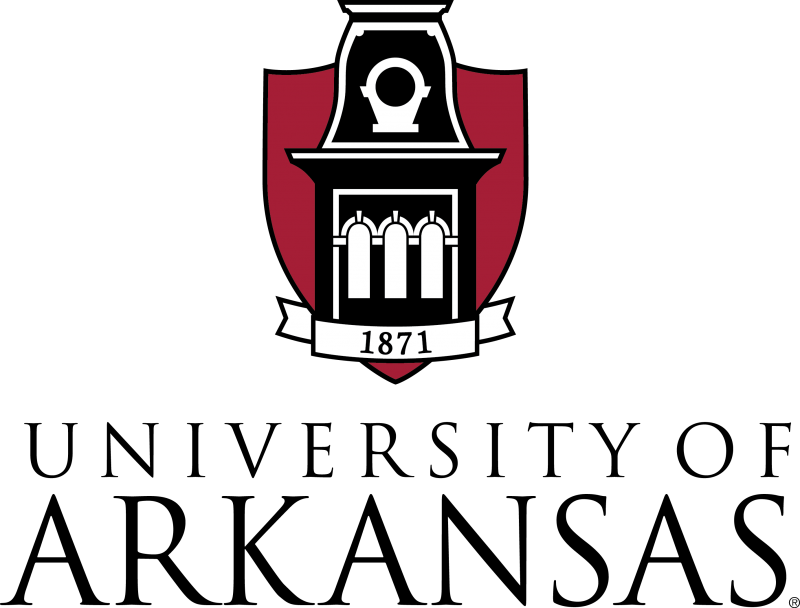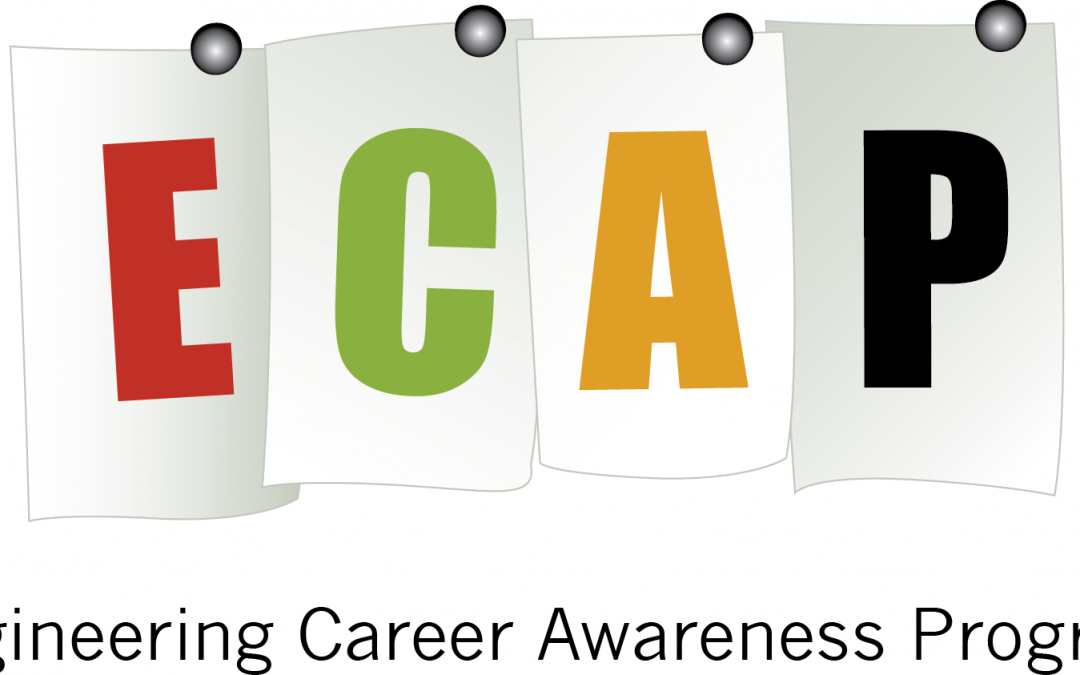The Origin of ECAP
In 1965, Troy Alley left his home in Pine Bluff to pursue an engineering degree at the U of A. As an African American, Troy knew that life at the university would be challenging, but he wasn’t sure how to prepare.
“You’re going where?” a friend asked him. “You’ll be back after the first semester.” Troy made a bet with his friend that he would stay, and he did, earning an electrical engineering degree in 1969. Along the way, Troy learned how to succeed in college and in life, and he decided to help other young people overcome the same kinds of challenges that he had faced. It was this inspiration that led to the Engineering Career Awareness Program.
Many things have changed for the better since Troy was an engineering student, but some students still face doubts and barriers when they decide to study engineering. ECAP addresses these. The program provides full scholarships for students who are underrepresented in the field of engineering, including female and minority students. In addition to financial support, ECAP includes the summer bridge program, which familiarizes new students with life on campus, and the program also provides lots of support from peers and staff to help students do their best in college.
The Question of College
In 2010, Sydney Dickson was a senior in high school in Carl Junction, Mo., and she had a lot of questions about college. She was a good student, and she knew she wanted to study engineering. But no one in her family had a college degree. She wasn’t sure if she would fit in on a large university campus, and she had no idea how she would pay for a college education.
Sydney learned about ECAP on a visit to the U of A, and she thought, “Okay, college is a possibility now.” Getting in was the easy part. Sydney was not only accepted to the U of A, she was also accepted into the Honors College. She just needed a way to pay tuition.
Sydney will never forget the day she got the letter inviting her to campus for an ECAP interview. “I freaked out,” she said. When Sydney was accepted into ECAP, the first barrier between her and an engineering degree was removed. Her tuition would be paid for. She could make her family proud, without causing them financial stress.
Sydney still had worries, though. She had no idea what to expect when she got to Fayetteville. Would she be able to find friends? Would she succeed in her classes? Or would she be lost in the crowd?
ECAP Answers
By the end of the summer bridge program, Sydney felt much better. “Those three weeks were bonding time,” she said. ECAP students live close to each other in the dorm, and Sydney and her fellow ECAP students quickly learned that, even though they came from different backgrounds, they could count on each other. “It was nice to have them there when I needed help with homework,” said Sydney. “They’re my family. If I’m talking to someone and ECAP comes up, it’s instant brotherly/sisterly love.”
ECAP students also find support in the engineering deans’ office. During the bridge program, Sydney got to know two of the assistant deans: Thomas Carter III, or TC, and Bryan Hill. Sydney explained that these relationships were especially helpful during her freshman year, when large classes and a new environment could have made her feel overwhelmed. “It’s so nice to be able to waltz into their office whenever I have a question,” she said.
The Strongest Vehicle You Have
It’s no coincidence that Sydney has a strong support network. Alley knew the importance of personal connections. As a college student, he benefitted from the relationships he developed with his professors, and connection is one of the founding principles of ECAP. “Your network is the strongest vehicle you have,” he explained. “It’s more important than money.”
ECAP students become part of a network that extends beyond campus. Each summer, they are required to take part in activities such as study abroad, internships and research. Sydney, who is majoring in civil engineering, has studied abroad in Belize and India. She has completed one internship and is making plans for a second. During her senior year, she’ll focus on her honors thesis project, which involves figuring out a way to prevent damage to concrete by changing the ingredients that go into the mortar component.
Life After ECAP
TC explained that the ultimate goal of the ECAP program is to bring diversity to the field of engineering. “Engineering is a tough major and it’s not for everyone,” he explained. “But there are a lot of talented students out there who don’t consider engineering. The goal of ECAP is to remove barriers for those students, so they can focus on doing well in their classes and becoming great engineers.”
ECAP students graduate at a higher rate than the general engineering population, and one hundred percent of the students who have graduated through ECAP are now attending graduate school or working in engineering. Nehemiah Stephens is one of these. Nehemiah graduated in 2013 with a bachelor’s degree in mechanical engineering, and he returned to campus the following spring to conduct interviews for his employer.
When he visited campus, Nehemiah was amazed at how many current ECAP students had 4.0 grade point averages. “I get to see the great talent here,” he said. “ECAP makes academic excellence number one. They want to support and really honor those people who do well in school. I’m glad I got to graduate from it.”
Sydney is now a junior, considering the next phase of her life. She’s thinking about adding an MBA to her resume. Or maybe she’ll find inspiration in her next internship, or her research project. Whatever she does next, she will have plenty of help and support from her ECAP family. It was ECAP that brought Sydney to the U of A, but what she appreciates most is what she will take with her when she leaves: the friendships she’s made and the network she’s built. “Those relationships mean a lot more than the dollar amount,” she said.

